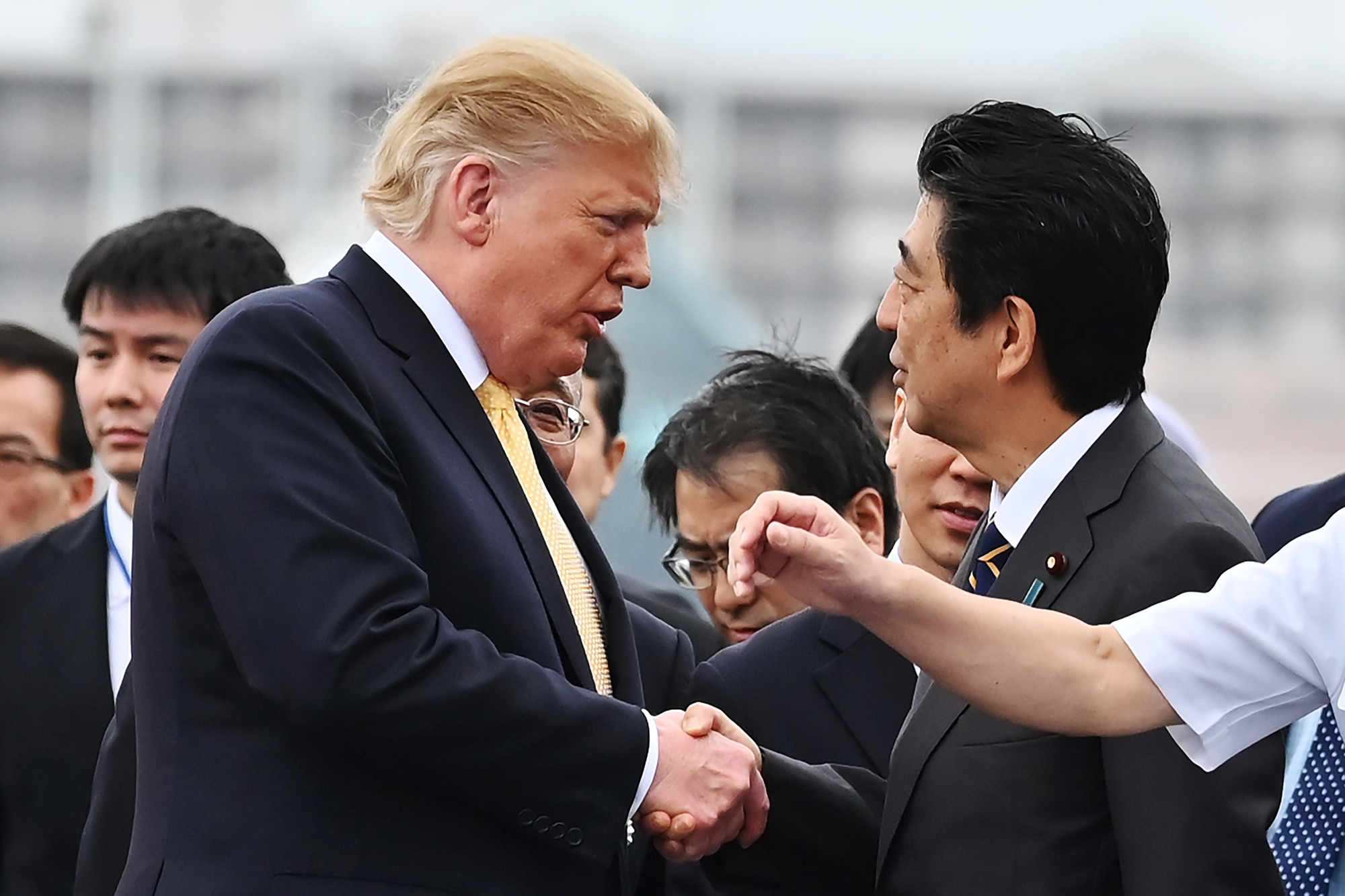Now that the dust has cleared in the aftermath of U.S. President Donald Trump's state visit to Japan, it would be useful to assess the impact of the visit in strictly practical terms, and to consider harnessing the positive momentum it created to the lasting benefit of the U.S.-Japan relationship.
Certainly the welcome afforded Trump and his entourage served to strengthen the already strong personal bond between the president and Prime Minister Shinzo Abe. Setting aside the highly impressive pomp and circumstance of the visit, in which Trump was showered with every honor Abe could muster, the underlying substance and policy implications were also significant for bilateral trade and security relations.
Trump demurred from pounding the Japanese on trade and afforded Abe several months' grace to get him past the Upper House election in July. In a meeting with key Japanese business leaders, while expressing general concern about the trade deficit, he even made a point of expressing appreciation to Toyota (in comments largely ignored by the press) — which had recently excoriated the United States for contemplating auto tariffs — for announcing new U.S. investments of $750 million and increasing its five-year investment plan to $13 billion, "with plans to add many, many new American manufacturing jobs."



















With your current subscription plan you can comment on stories. However, before writing your first comment, please create a display name in the Profile section of your subscriber account page.